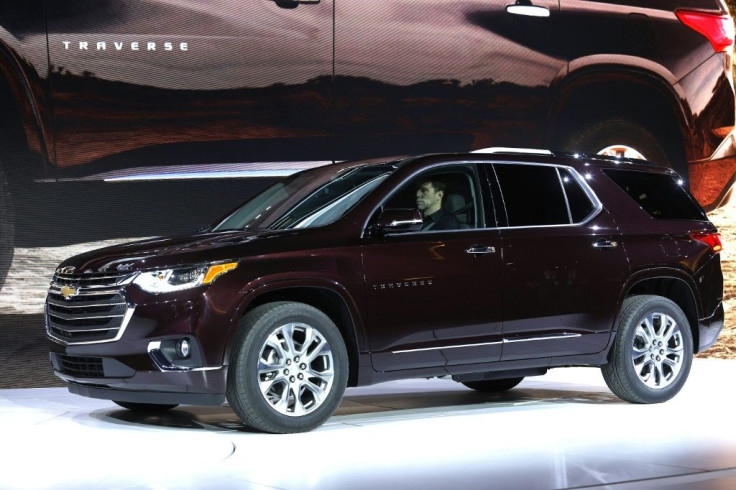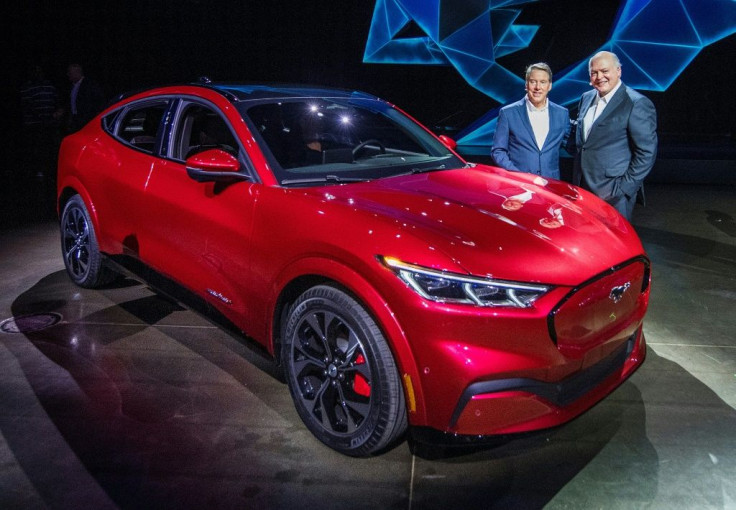Solid 2019 US Auto Sales Underscore Consumer Strength

US auto sales in 2019 dipped slightly from the prior year, but still demonstrated an underlying resilience as large vehicles strengthened their stranglehold over the market.
Sales for 2019 came in at about 17 million, according to leading analysts Monday, below the all-time peaks of a few years ago, but good enough to show the boost from a tight labor market that offset recession and trade war worries that shadowed the economy much of the year.
"It's still a very healthy market," said Charlie Chesbrough, senior economist at Cox Automotive, who expects a slightly cooler market in 2020.
Other supporting factors included generous lending terms following Federal Reserve interest rate cuts and unusually strong sales of car fleets to businesses and government bodies, due in part to a US tax cut enacted in 2018.
Cox expects 2020 sales of about 16.6 million in the US, due in part to reduced growth in fleet sales.
But Chesbrough said trade war fears have diminished amid expectations that US President Donald Trump will not put tariffs on imported cars as he seeks reelection.
Chesbrough estimated that conventional cars comprised only around 28 percent of the market, with the rest coming from larger vehicles such as pickup trucks and crossovers.
On Monday, Ford reported a slight dip in fourth-quarter sales and an annual drop of 3.0 percent to 2.4 million.
Ford was the last of the auto giants to report auto sales. Fiat Chrysler and General Motors both disclosed declines in 2019 US auto sales on Friday, the latter revealing lingering effects from a bruising 40-day strike that has dented its vehicle inventory.

Ford's results were emblematic of the larger shift in the US market, with a 9.1 percent jump in truck sales helping to offset a 28.2 percent slide in car sales as the company has moved to phase out models such as the Fiesta and Focus.
Ford currently has no all-electric vehicles on the market after halting production an all-electric model of the Ford Focus that had a range of 115 miles before requiring a recharge.
But Ford in November unveiled an all-electric an sport utility vehicle, the Mustang Mach-E, which has a targeted range of at least 300 miles per charge and will, in a special performance version, have capacity to zip up to 60 miles an hour in under four seconds.
The Mach-E will be available in late 2020 and is part of a strategy to beef up Ford's fleet of electric and hybrid cars.
The vehicle is one of roughly two dozen electric models that are expected to hit showrooms in 2020, posing a challenge to Tesla Motors, which reported a surge in deliveries on Friday in figures that contrasted sharply with conventional auto giants.
Chesbrough estimates the total market share of electrics and hybrids in the United States at perhaps five percent.
Despite the surge in electric offerings, he expects to see only "very incremental growth" in electric sales the next few years, in part because consumers are still unsure when to take the plunge as models are introduced and disappeared.
"It's putting a lot of the risk on consumers when it's changing so quickly," Chesbrough said, adding that relatively low gasoline prices mean consumers face less pressure to adopt newer vehicles.
Other experts have pointed to a dearth of electric fuel stations in much of the nation as a limiting factor.
The website EV Adoption -- which is run by self-described EV "Evangelist" Loren McDonald -- projects that US sales of electric cars will rise to about five percent in 2022 but not "cross the chasm" of reaching the mainstream US market until 2028 when the share hits 17.7 percent.
© Copyright AFP 2024. All rights reserved.




















